The U.S. Supreme Court has thrown a significant roadblock in the path of a new law that would ban the wildly popular TikTok app throughout the United States. On Wednesday, the Court announced it would hold a special hearing on Jan 10 to determine whether that law is constitutional.
The decision is an important temporary victory for TikTok, whose leaders are not giving up in their efforts to prevent the app from being banned — or sold — in the United States. As of now, that ban would go into effect on Jan 19. Should that happen, app stores operating in the U.S. would be prevented from carrying TikTok, meaning no one in the country would be able to download it, and those who already have TikTok on their phones would not receive software updates, security patches or any communication from the app.
The bitter reality is that sensible conversations about TikTok are not possible in the U.S. at the moment because the U.S. Congress and the current President of the United States are caught up in a nonstop cycle of fear about China. And whenever fear dominates thinking, intelligent and rational choices are not made. The Supreme Court cannot end the irrational fear about China, but it might stop a ridiculous law from going into effect.
By now, you may likely know the backstory about TikTok: Earlier this year, members of the U.S. Congress authored and passed legislation that was quickly signed by U.S. President Joe Biden, which would either ban the app in the U.S. or require it to be sold to a non-Chinese entity. They said such draconian measures were necessary because they were convinced TikTok was a legitimate threat to U.S. national security. They insist that the app can be manipulated to influence the feelings and attitudes of its U.S. users. Put more bluntly: They want you to believe that TikTok might spread pro-China propaganda, leading Americans to become more sympathetic toward the country. Earlier this month, an appeals court found no evidence to support such a contention, but it nevertheless refused to prevent the ban from going into place on Jan 19, one day before Donald Trump is sworn in as the next President of the United States.
Members of the U.S. Congress also said the Chinese government can demand TikTok hand over any information it has about its American users. TikTok CEO Shou Zi Chew has said that demand has never been made and TikTok will not comply with any such request. The reason? "ByteDance is not an agent of China or any other country," Chew said. Needless to say, the U.S. representatives and senators do not believe him.
Let's not mince words here: Anti-China hysteria — alive and well in Washington — is behind the effort to get rid of TikTok. U.S. political elites are convinced that every sophisticated product made in China — whether we are talking about TikTok, electric vehicles, smartphones from the telecommunications company Huawei, and more — can be directed to somehow harm American citizens or the country at large. Meanwhile, they conveniently refuse to clamp down on U.S.-created social media platforms that have repeatedly been found to twist their algorithms in order to influence the attitudes of its users.
Facebook is the most obvious example. In perhaps the most high-profile indictment of Meta, the parent company of Facebook, Instagram and other social media apps, a former Facebook employee told the Congress that "Facebook's products harm children, stoke division, and weaken our democracy". Frances Haugen, the whistleblower, added that changes that would make Facebook "safer" were possible but Facebook was not going to do anything until prompted.
Has anything happened since Haugen made those comments in 2021? You know the answer, and considering that in 2023 an appeals court threw out attempts by multiple U.S. states to break up the company, there will not be any significant changes forthcoming.
Knowing that, let's return to TikTok. There has been chatter in the U.S. that the app could be sold to American investors if the ban is enforced and if President-elect Trump does nothing to stop it. However, ByteDance has made clear it will not sell. Moreover, even if TikTok were sold, the Chinese government could still prevent the sophisticated algorithms behind the app from being included, leaving the new owners with the equivalent of a fancy car with no keys to start it up.
The reasonable — and in reality only — decision is for TikTok to remain as it is: A Chinese-produced and Chinese-owned product that has real value to small businesses and individual creators while being enjoyed by an estimated 170 million people in the U.S. (and over 1 billion around the world). The U.S. prides itself on being a beacon of freedom of speech; there is no way to square that idea with preventing TikTok from maintaining its presence in the country. Remember, there is no evidence that the fears about TikTok are legitimate. Thus, whether it is the U.S. Supreme Court or soon-to-be President Trump, the hammer that could come down on TikTok must not and the nonsense surrounding the app must stop.
The author is an associate professor in the Communication and Organizational Leadership Department at Robert Morris University in Pennsylvania, the United States. The views do not necessarily reflect those of China Daily.









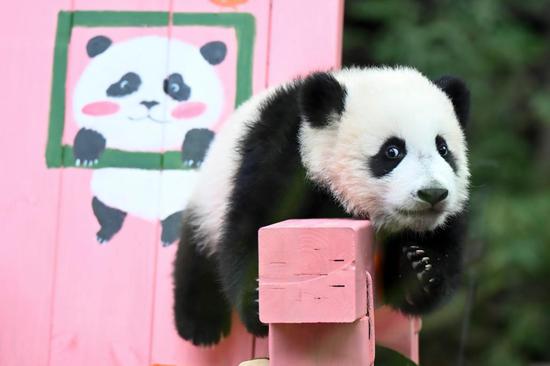
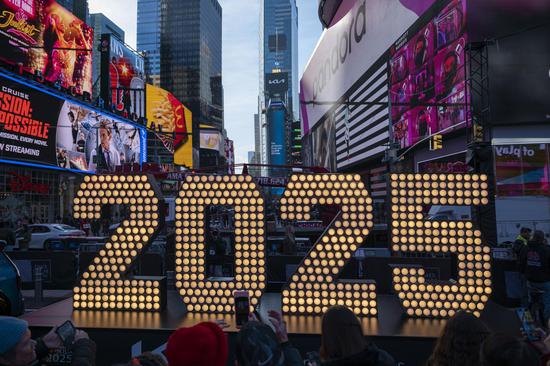
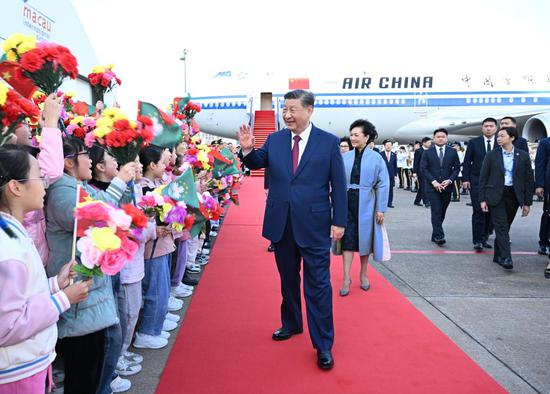


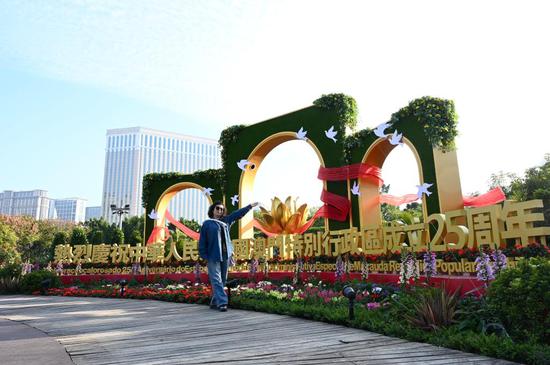



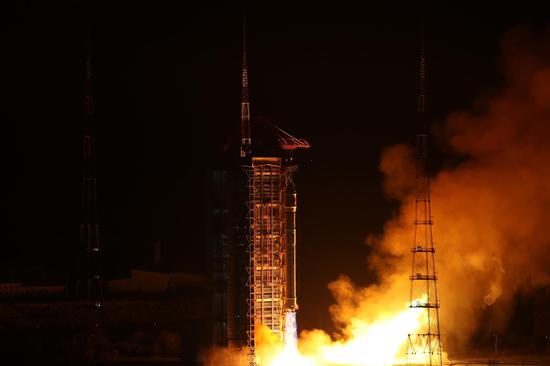







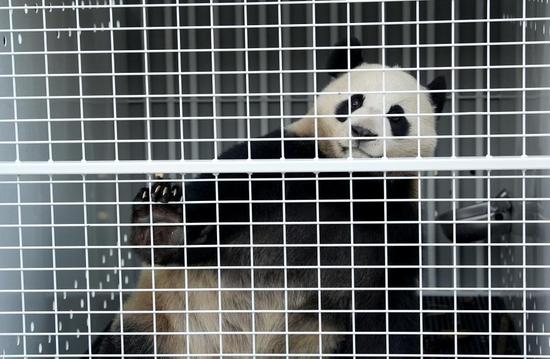



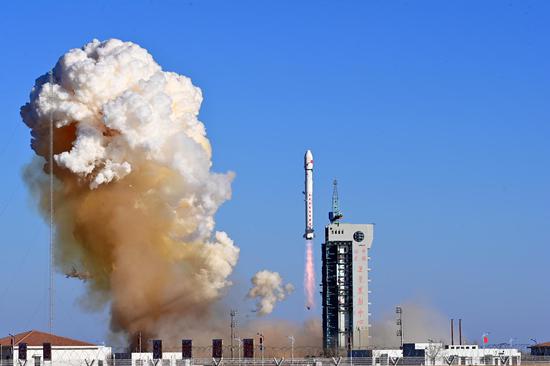















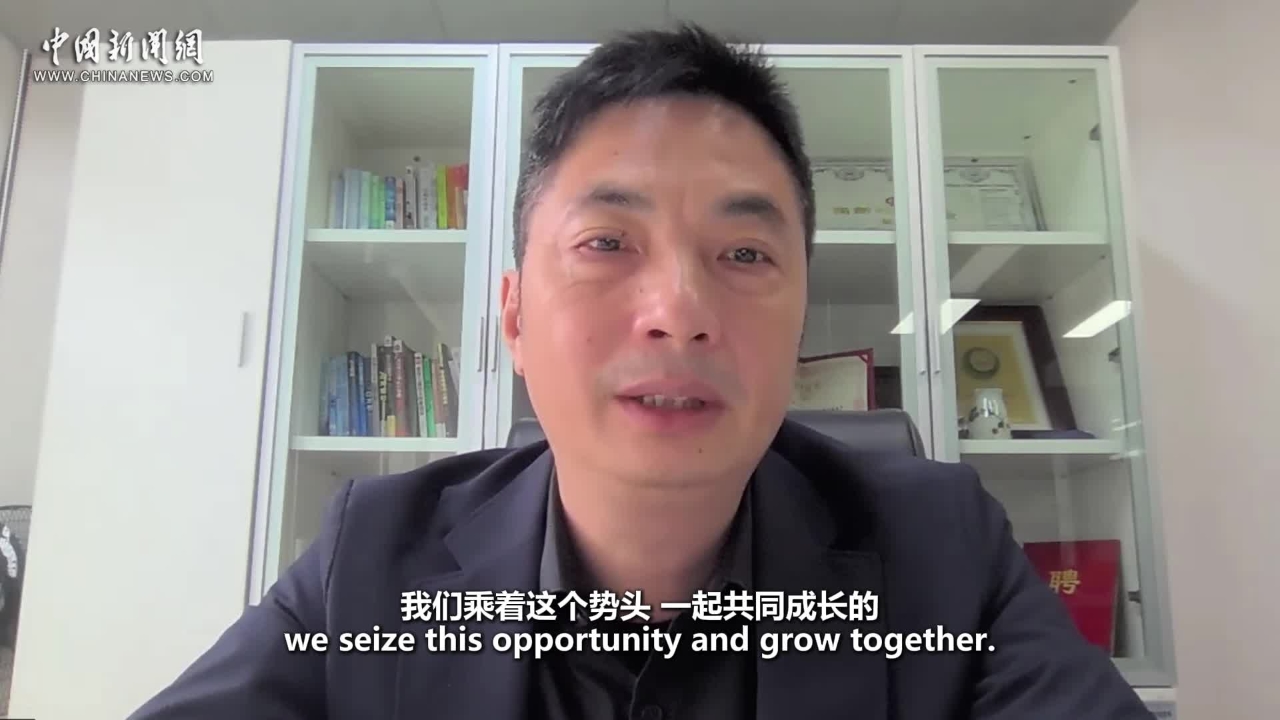



 京公網安備 11010202009201號
京公網安備 11010202009201號